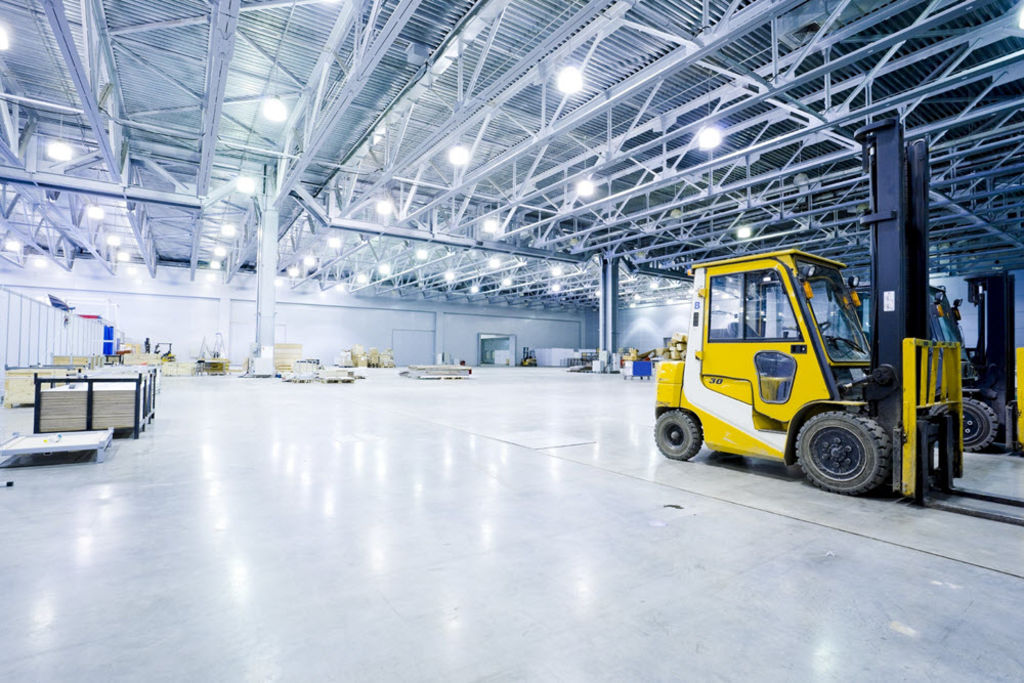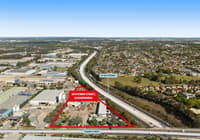
'Best time in history': why long-time industrial property owners in Sydney are selling
The booming industrial property market has created “the best time in history” for owner-occupiers to cash in on their long-held assets and opt to lease instead, experts say.
Jack Moroney, director of property at supply chain specialists TM Insight, said there had traditionally been a long-held belief among businesses that owning property directly could lock in generational wealth and was more secure in the long run.
But that was now changing, with short supply pushing industrial land values in Sydney up by 36.2 per cent in the year to June 2019, according to m3property’s latest data.
“The current booming industrial property market is creating the best time in history for owner-occupiers to sell their assets, reinvest into their business and rationalise their footprint,” Mr Moroney said.
“Private owner-occupiers are selling industrial assets they have historically owned, and publicly listed companies/corporates are in some instances selling their manufacturing sites, particularly as manufacturing moves overseas and older sites are sitting on huge under-utilised parcels of land.”
Institutional and major private investors are willing to pay a premium for these sites in inner and middle-ring locations as the demand for last-mile logistics skyrockets in the era of online shopping.
Sites that are vacant or on short-term leases are also in demand, particularly if the land has potential for redevelopment or rezoning.
The trend has been particularly prominent in the past 12 months, according to the firm, and in the past two months alone TM Insight represented clients in selling $100 million worth of industrial real estate.
Western Sydney has been a hot area for such investments, with super fund ISPT purchasing a 13-hectare property in Greystanes for about $60 million from construction materials supplier Boral in 2018. That facility was built in 1956.
In the same year, developer Leda Group paid $52 million for an eight-hectare industrial site in Milperra to heating and airconditioning business Lennox International. Its former subsidiary Heatcraft had occupied the property since the 1960s and still does under a leaseback agreement.
Many owner-occupiers are channelling funds from their sales to upgrade their logistics and operations with automation and new technology, as retail and logistics businesses are being pushed to stay competitive.
“By unlocking the value of their real estate holdings, owner-occupiers are able to invest in systems such as automation that can make their operating costs significantly cheaper and reduce their real estate footprint,” Mr Moroney said.
“A number of corporate and private owner-occupiers are selling their assets with either vacant possession or on short-term leaseback to generate capital so they can lease new purpose-built facilities and invest in automation systems.
“Many older-style facilities cannot accommodate a corporate or private owner-occupier’s desired automation due to the building’s attributes such as the slab load capacity and flatness.”
With industrial property returns below 6 per cent, he believes a company would be “significantly” better off using their own capital to invest back in the business, which could potentially see better returns with the benefits of new manufacturing or automation equipment.
Mr Moroney said today’s industrial real estate was “expensive” to buy and own outright, especially larger assets, compared with 10 to 20 years ago, when many owner-occupiers would have bought their properties.
“The vast majority of facilities above 10,000 square metres are leased facilities, particularly as the capital required for large-scale sophisticated buildings often doesn’t make economic sense when compared to leasing,” he said.
“The time of companies using their businesses as cash machines to fund their real estate investments is now hard to achieve.
“Selling assets and instead choosing to lease allows occupiers to reinvest funds back into their business and continue to invest in the growth of their business.”
Colliers International’s national industrial director David Hall agreed that the trend of long-term owner-occupiers capitalising on the hot industrial market was growing, though it was happening “very much on a case-by-case basis”.
“There has been an increase in sale-and-lease-back sales mostly as businesses look to take advantage of the current climate and look for ways to provide working capital to re-invest into business operations and growth,” he said.
But the tight market and its high prices has meant most occupiers have been hesitant to trade as it would be difficult to replace the asset if they needed to later down the track.
Mr Hall noted that the major industrial markets of western Sydney and western Melbourne were now mostly controlled by larger institutions, with many of the private developers being priced out of the market.
Listed REITs tend to seek prime-grade, “big box” investments of at least $30 million with sharp yields, while the smaller corporate investment groups are pursuing value-add or sites ripe for redevelopment closer to the city, due to the lower price tags of $5 million to $50 million and the capital growth prospects of these locations.
Local trusts and funds purchased more than half of all Sydney’s industrial assets in the 12 months to June 2019, according to Savills. These properties were mostly warehouses and land assets for development purposes in Sydney’s west, with more than $250 million worth of land acquired there in that period.









